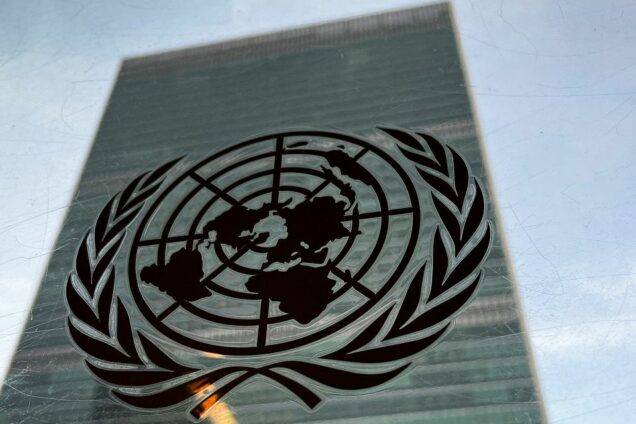An estimated 2.8 billion people globally lack adequate housing, secure land, and access to essential services such as water and sanitation, according to the UN-Habitat Assembly.
The figure, representing around 40 per cent of the global population, includes over 1.12 billion people living in slums or informal settlements and 300 million experiencing absolute homelessness.
Executive Director of UN-Habitat, Anacláudia Rossbach, described the crisis as urgent and wide-reaching, calling for coordinated global efforts grounded in human rights, dignity, and multilateral solidarity.
“Without action, this crisis will continue to undermine efforts to reduce poverty, advance equality, and deliver on the Sustainable Development Goals,” Rossbach said.
The crisis is particularly severe in fast-urbanising regions such as Africa and the Asia-Pacific. In Africa, 62 per cent of urban dwellings are informal. In the Asia-Pacific, over 500 million people lack basic water services, and more than one billion live without adequate sanitation.
Climate change is further compounding the problem, as those without secure housing are increasingly vulnerable to extreme heat, severe weather, and water shortages.
Delegates at the Assembly emphasised that sustainable solutions to the housing crisis are essential to achieving global development goals. Quality housing was described as both a fundamental human right and a key driver of economic growth, health, education, and job creation.
The Assembly also highlighted the adoption of UN-Habitat’s Strategic Plan for 2026–2029, which prioritises improved housing, land access, and basic services, especially in informal settlements.
The plan is structured around three major impact areas: inclusive prosperity; preparedness, recovery, and reconstruction; and climate sustainability—each aimed at accelerating progress toward the Sustainable Development Goals.
It also stresses stronger collaboration with other UN agencies to meet shared development targets.
(NAN)


